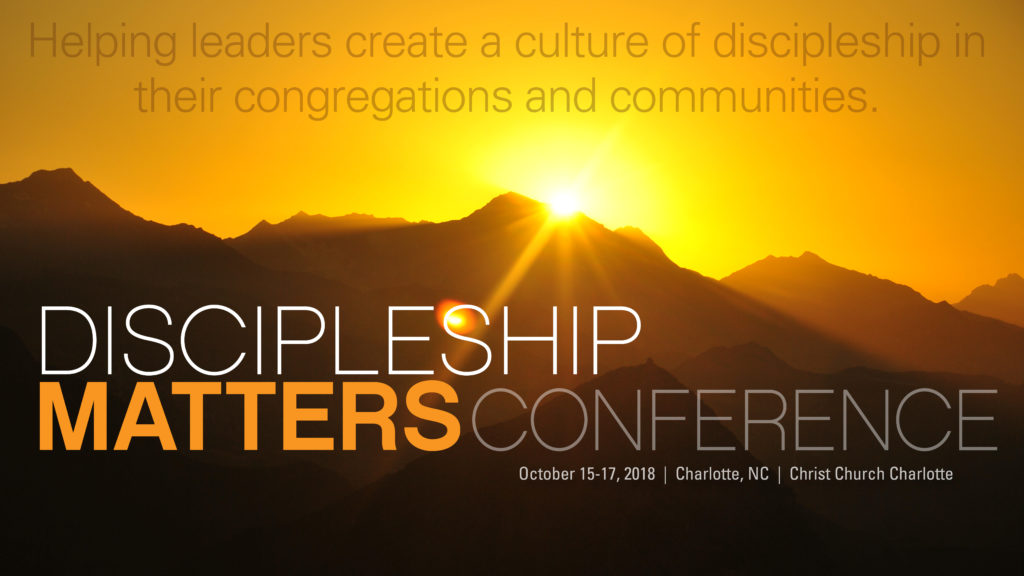|
A prayer for heroic service:
O Judge of the nations, we remember before you with grateful hearts the men and women of our country who in the day of decision ventured much for the liberties we now enjoy. Grant that we may not rest until all the people of this land share the benefits of true freedom and gladly accept its disciplines. This we ask in the Name of Jesus Christ our Lord. Amen.
A prayer for the Feast of St. Martin
Lord God of hosts, you clothed your servant Martin the soldier with the spirit of sacrifice, and set him as a bishop in your Church to be a defender of the catholic faith: Give us grace to follow in his holy steps, that at the last we may be found clothed with righteousness in the dwellings of peace; through Jesus Christ our Lord, who lives and reigns with you and the Holy Spirit, one God, for ever and ever. Amen.
|
Will you seek and serve Christ in all persons, loving your neighbor as self?
The coincidence has never been lost on me. Our nation observes Veterans’ Day on the same day that the church observes the Feast of St. Martin, a patron saint of France, born about 330 in what is now Hungary. His early years were spent in Italy. After a term of service in the Roman army, he settled in France, in Poitiers, whose bishop, Hilary, he admired.
According to legend, while Martin was preparing from transition from life of a soldier to life as a priest (i.e., as he considered his life as a veteran), he was approached by a poor man asking for alms in the name of Christ. Martin, drawing his sword, cut off part of his military cloak and gave it to the beggar. On the following night, Jesus appeared to Martin, clothed in half a cloak, and said to him, “Martin covered me with this garment.”
Martin was unpopular with many of his colleagues, in part because of his strong opposition to their repression of heresy. He was an avid missionary to the pagan folk of the countryside, always a staunch defender of the poor and the helpless. The symbol of his ministry is a goose, because when he was elected bishop, he wisely tried to hide from those who would put him in this new job, as challenging then as it is now. He hid in a barn among the geese, whose honking gave away his hiding place. Next thing he knew: consecration.
Martin died on November 11, 397. His shrine at Tours became a popular site for pilgrimages, and a sanctuary for those seeking protection and justice. I think of him as we observe Veteran’s Day, mindful of the service given by people in authority. Mindful of that Utah mayor serving in Afghanistan who lost his life last week and who spoke of the need to protect our freedom to vote. Mindful of that policeman who ran into the bar last week in California to save young lives. Mindful of a firefighter who left his own house in flames to go defend other peoples’ homes. We are surrounded with a great cloud of witnesses who show us how to put faith to work in the world, whatever our vocation.
One of my favorite passages in the gospels involves the preaching of John the Baptist, a pretty rigorous spiritual coach. He speaks to the crowd, calling them a brood of vipers, and then charms them into a new way of life. So the crowd answers: What shall we do?
In Luke 3:10-14, John answers. “Whoever has two coats must share with anyone who has none, and whoever has food must do likewise.” Hated tax collectors asked what they should do. Rather than telling them to quit their jobs, he tells them to do their jobs with integrity. “Collect no more than the amount prescribed to you.” Soldiers come to him and ask what they should do. Rather than telling them to quit their jobs, he tells them to do their jobs without abusing their authority. “Do not extort money from anyone by threats or false accusation, and be satisfied with your wages.”
Maybe there’s a Monday message in the witness of St. Martin, in the witness of heroic people in our own time, in the witness of John the Baptist. Maybe the message sounds like this: Do the thing you’ve been given to do today with kindness, integrity, justice, mercy. Bring grace to that place. Work for peace. Open your eyes to those around you in need. Maybe you’ll see Christ.
-Jay Sidebotham
 Contact:
Contact:
Rev. Jay Sidebotham
jsidebotham@renewalworks.org
RenewalWorks is a ministry of Forward Movement.
www.renewalworks.org


